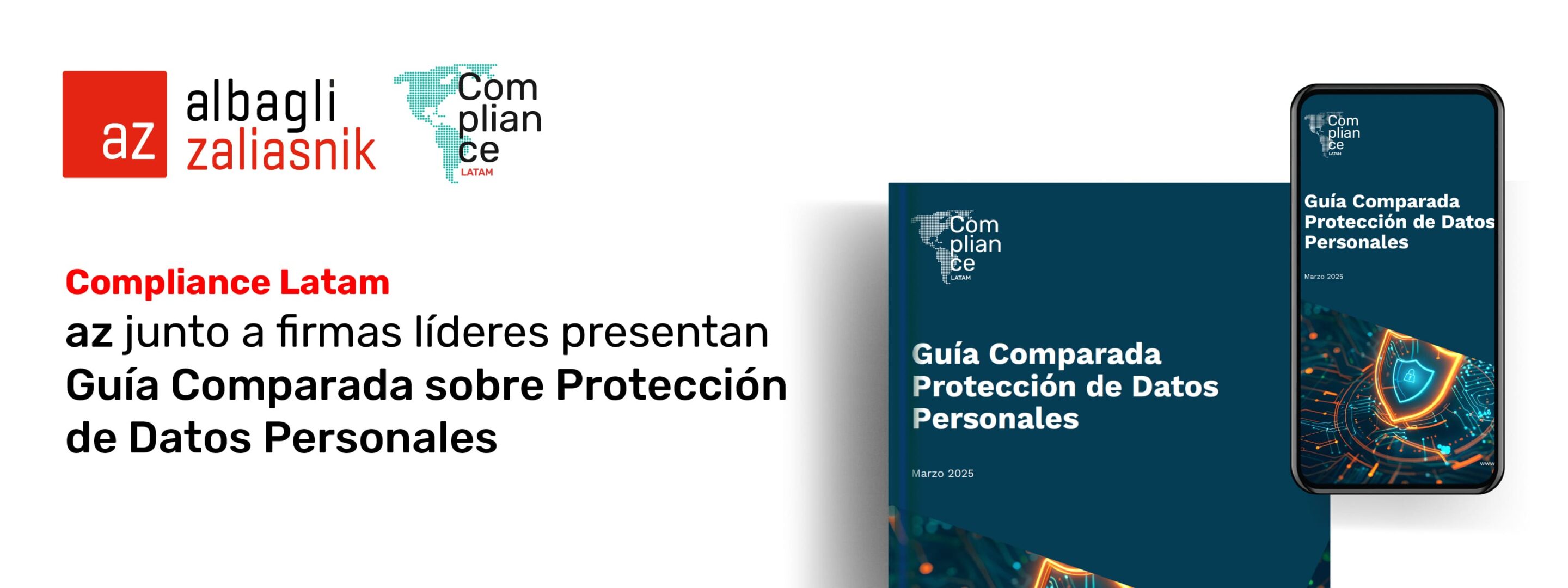The inclusion of the main intellectual property laws will force companies to include key issues in their compliance plans.
More than 200 crimes included in various regulations were incorporated into the new Economic Crimes Law (Law No. 21.595). This was promoted by President Gabriel Boric and, on August 17, was published in the Official Gazette, after being approved on the 7th of this month by the Congress of Deputies and obtaining the approval of the Constitutional Court for its publication and entry into force.
The regulation includes, among others, “collar and tie crimes”, linked to the business activity and with direct influence in the economic activity; tax crimes, crimes against the environment and human trafficking, among others.
It considers legal, natural and religious persons, private companies, political parties, universities and public corporations as offenders.
Law No. 21,595 modified the offenses contemplated in Law No. 20,393 and added a hundred, including several offenses that had not been considered economic crimes until now.
The offenses will be classified in this law by categories, instead of subject matters:
- Economic crimes against the securities market, the financial sector and competition.
- Those committed by public officials.
- Those of money laundering.
- Those that regulate economic activity, which include computer crimes or crimes against intellectual property, considered crimes when committed by a legal person or for the benefit of a legal person.
The law changes the current context related to intellectual and industrial property.
According to Eugenio Gormaz, partner at Albagli Zaliaznik, companies should specifically contemplate mechanisms to prevent infringements of the regulatory bodies that regulate IP (laws 17.336, 19.039 and 19.342), and this implies, depending on the respective industry in which they operate, strengthening or reinforcing the mechanisms for licensing trademarks, copyrights and patents of invention and increasing the level of due diligence when closing business or commercial agreements that involve technology transfer.
“Thus, the biggest change will be the need to adjust and adapt crime prevention models to prevent crimes against intellectual property and industrial property from being committed within companies,” says Gormaz.
Under the new circumstances, the crime prevention model will have to be carried out on a case-by-case basis, depending on the type of IP that the respective company uses and the intensity with which it does so.
The recommendation then, according to the experts, is that each company should carry out an inventory or analysis of how many and which IP assets it uses in its operations, verify that it has all the permits (its own and those of third parties) to use them lawfully in its commercial operations, train its workers, suppliers and managers to promote a culture of compliance, and avoid at all costs any IP crime.
“In the case of managers it is even more relevant, since they are the main ones exposed to being sanctioned for economic crimes, so compliance should be especially reinforced at the management level, and ideally training should be carried out with company boards,” says Gormáz.




